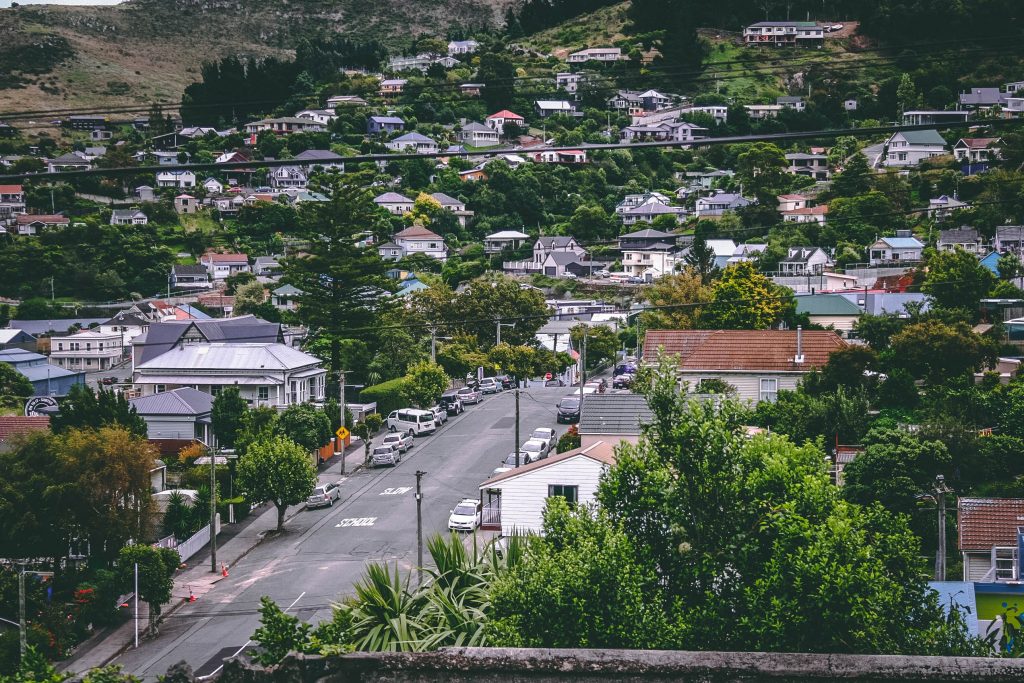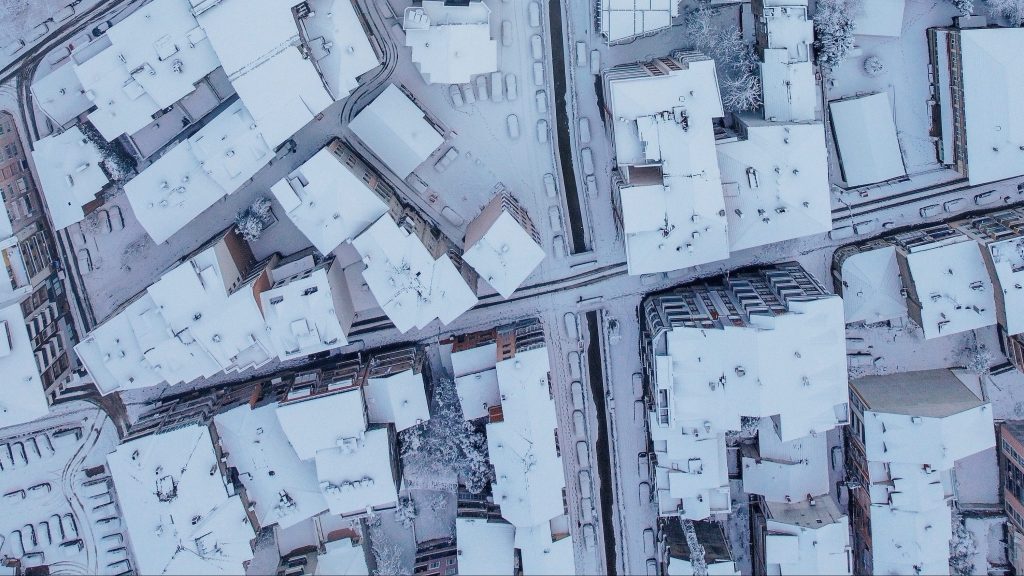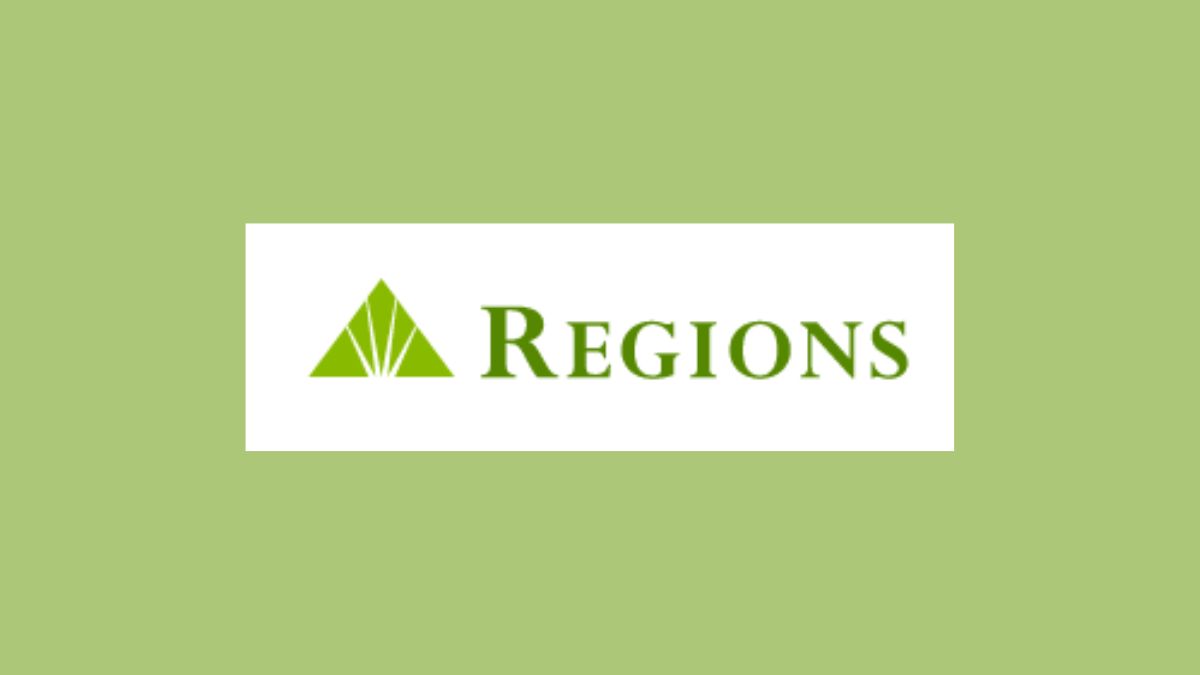Financial Education
HCOL area: what is the meaning for your finances?
In this article you will learn about how the cost of living in your area affects your financial life. Read on to learn more!
Advertisement
Learn everything about an HCOL area before making financial decisions

One of the key principles if you want to achieve financial independence is to be clear about your spending. Quite often people will make decisions based exclusively on how it makes them feel at the moment rather than looking into the future and calculating whether that decision makes sense.One such decision can be living in an HCOL area. But what is an HCOL area meaning?
The acronym means “high cost of living”, and we all now medium and big cities have well defined zones where the cost of living can be either high or low. This is not to say that you should never live in an HCOL area. Rather, you must know whether it makes sense financially to live there or not.
Living in an HCOL area can mean the difference between being able to save for retirement or not, or traveling and staying home during summer. If you live in a city with a HCOL, you will be able to save less of your income due to higher living expenses.
Let’s define “cost of living” as the amount of money you need to spend on basic things like food, housing, transportation and food. These are the top expenses in 62% of homes according to the 2019 Consumer Expenditure Report. So let’s take a deeper dive into what these HCOL area meaning expenses can impact your financial life.

Emergency Fund: What it is and how to build one?
Learn what it means to have an emergency fund and how you can easily build one for yourself.
Defining HCOL (high cost of living) areas
So let us define an HCOL area meaning. The high-cost-of-living areas are areas or cities where prices for housing, goods and services are above the average. These can be prestigious cities that offer a lot of amenities such as New York or Los Angeles.
They may also be cities which contain other benefits that are building up demand. Like new businesses, which attract a lot of money, which brings growth perspectives, which increases speculation, which in turn increases prices. In HCOL areas rent can be 3 to 4 times the average rent from an LCOL and so does the price of groceries.
To put things into perspective, consider two people, both of whom work as data scientists and maintain a similar standard of living. One of them lives in San Francisco, CA and the other lives in Cincinnati, OH.
The person living in San Francisco makes an after-tax yearly income of $120,000, spends $80,000 with housing, food and transportation and saves $40,000. The person living in Cincinnati makes $70,000 a year, spends $40,000 and saves $30,000.
The exact same lifestyle costs twice as much in San Francisco as it does in Cincinnati. On the other hand, both are able to save a substantial part of their income because their incomes are much bigger than their expenses. So long as your priorities are met, one thing is certain: you must save money.
Living in an HCOL area is not a poor financial decision as long as you are happy and able to save money. And one might argue that living in an LCOL (low cost of living) area will save you a lot of money, but as we saw in our San Francisco-Cincinnati comparison, this is not always the case.
You will be redirected to another website
You’ll receive messages for less than 1 week, with a maximum of 1 message per day. You can unsubscribe anytime by replying STOP. By submitting this form, I confirm that I am 18+ years old and agree to the Privacy Policy and Terms and Conditions. I also provide my signature, giving express consent to receive informational messages via automated emails, SMS, MMS text messages, and other forms of communication. Message frequency may vary as part of our good-faith effort to respond to your inquiry. Message and data rates may apply. Text STOP to cancel. I understand that my consent to receive communications is not a condition of purchase and that I may revoke my consent at any time.
Pros and cons of living in an HCOL area

No matter what area you decide to live in, HCOL, MCOL (medium cost of living) or LCOL areas, all of them will have their pros and cons. What you should keep in mind when selecting an area to live is whether it meets your personal and financial needs and allows you to save. That being said, here is what you can expect from an HCOL area.
Starting with a few pros, high-cost-of-living areas usually offer a wide range of amenities, entertainment options, not to mention high-paying jobs. This last factor is actually decisive for many people who decide to live in HCOL areas which don’t offer better quality of life.
And right there we have a con. “High cost” does not necessarily translate to “high quality”. Many HCOL areas are big cities which grew because of industrialization or other business factors. This attracts people looking for higher salaries, which increases demands for housing, goods and services. This rise in prices makes it difficult for higher salaries to offset the cost of living.
If, on the other hand, you’re looking for a wide variety of venues, whether restaurants or legendary concert halls, HCOL areas are more likely to feature them. That’s a pro. This is the hallmark of a very economically active area, since it shows businesses are willing to establish themselves in the area. Not only that, people living in the area are willing to buy from those businesses.
LCOL and MCOL could be options from HCOL areas: which is the best for your finances?

Choosing whether to live in an LCOL or an MCOL area can be a good alternative from HCOL areas. Again, it all depends on what your priorities are. If you are married with kids and make 6 figures a year, you can probably afford a comfortable life in an HCOL area. If you work remotely, however, would you still live there? Maybe you would prefer to live in a calm place closer to nature.
Things are a little less flexible when you make $80,000 a year. You can still have a comfortable life at MCOL or LCOL areas, compromising a smaller portion of your income with basic every-day expenses, and saving for retirement.
There are people who are in what they call a “FIRE” journey. FIRE stands for Financial Independence Retire Early, which basically means you will live a very frugal life, saving a huge portion of your income to have enough money to retire as soon as possible. Some FIRE seekers move into MCOL and LCOL areas with the explicit intent of saving as much money as possible.
Now you know what an HCOL area meaning is. So to help you with your finances and investments, check the link below and learn all about QTrade Investing.

Qtrade Investing Brokerage Platform
Learn about this brokerage platform and start investing in the best assets.
Trending Topics

Building Credit in the UK: 5 Tips for Improving Your Score
Unlock financial prosperity with our expert guide on "How to Build Credit Score in the UK." Proven tips for a robust credit profile. Read on!
Keep Reading
What is a debt consolidation loan?
A debt consolidation loan can help you pay off your debts faster and more easily. Find out what is a debt consolidation loan! Red on!
Keep Reading
Regions Explore Visa® Credit Card review
Find out if the Regions Explore Visa® Credit Card is a good fit for you in this review. Learn about the characteristics.
Keep ReadingYou may also like

Bear market: what is it in investing terms?
Check this article to find out everything you need to know about what is a bear market! From what they are to how long they last.
Keep Reading
Credit Cards for Good Credit: Compare the 4 Top Options
If you have a good credit history, these are the best credit cards to choose from. Compare features and find the card that's right for you.
Keep Reading
15 Best Secret Websites to Make Money
Don't settle for the ordinary. Find out these secret websites that offer extraordinary opportunities to make money online. Read on!
Keep Reading